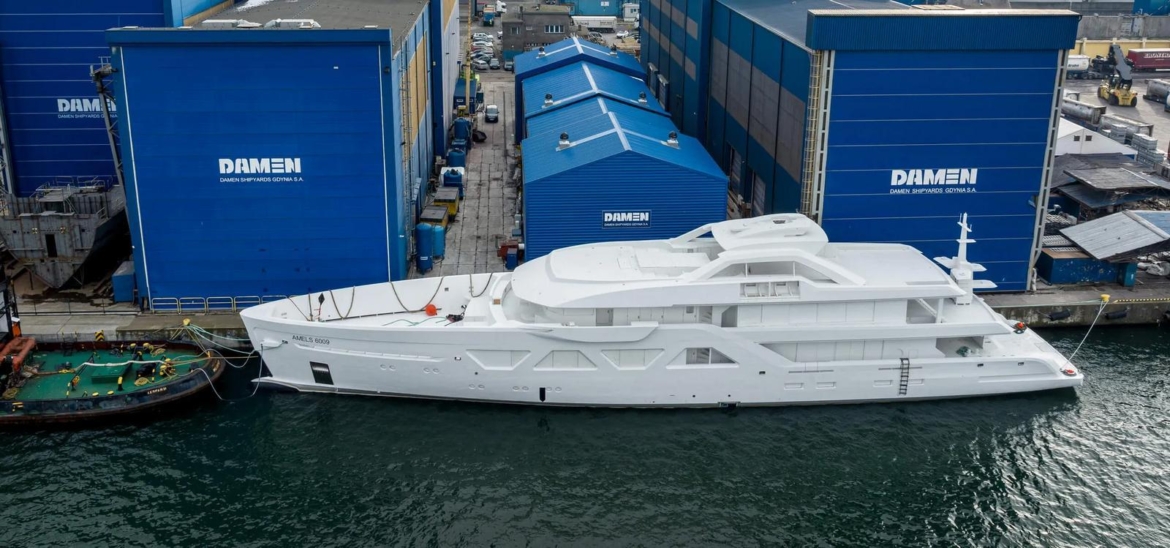When you’re the shipyard behind some of the world’s most famous and resilient support vessels, like Jeff Bezos’ $75 million Abeona (the largest custom-built shadow yacht in the world built by Damen Yachting) or Mark Zuckerberg’s $30 million Wingman, it seems almost unthinkable for you to land in serious trouble. Yet, that’s exactly what happened. According to the Dutch Public Prosecution Service, Damen Yachting and several of its board members are being prosecuted for bribery, money laundering, and violating sanctions against Russia. The Dutch shipyard, one of the largest shipbuilders in the Netherlands, is now involved in two separate investigations, one by customs and another by the FIOD (Fiscal Information and Investigation Service).
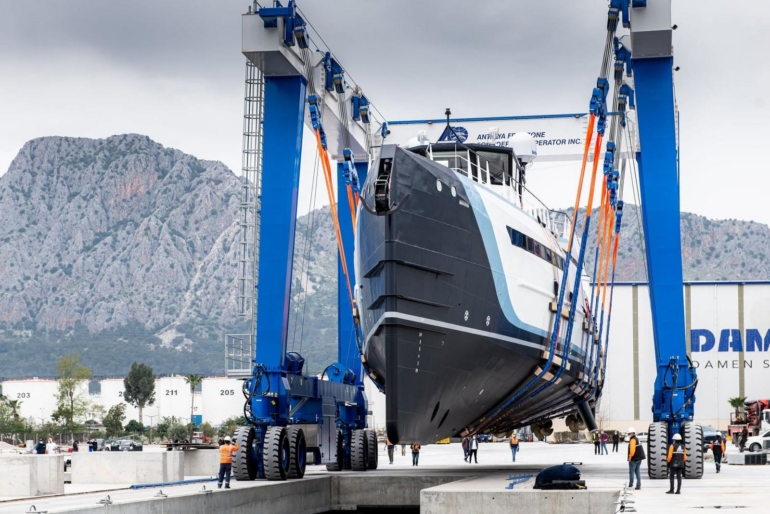
The Dutch Public Prosecution Service revealed that Damen managed to secure lucrative contracts across several countries from 2006 to January 2017 with the help of foreign agents who received millions in payments. These payments were partly funneled to civil servants under the guise of commissions. Countries involved reportedly include Sierra Leone, Indonesia, Ghana, Brazil, the Bahamas, Curaçao, and Trinidad and Tobago.
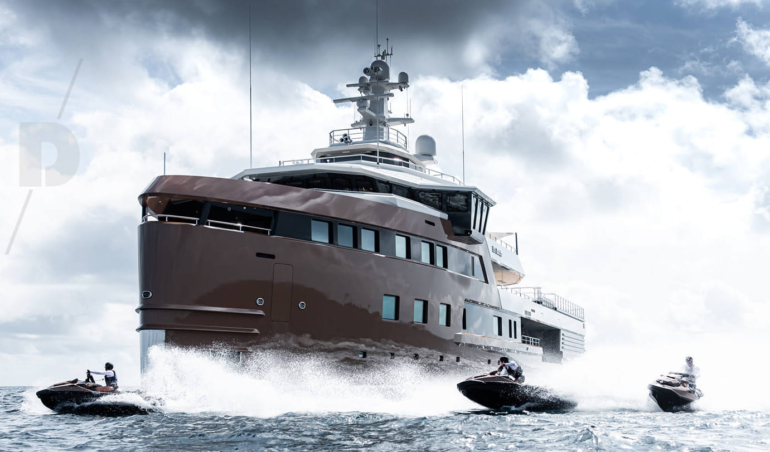
The allegations do not stop there. In the second investigation carried out by customs authorities, it was revealed that Damen may have supplied goods and technology that strengthened Russia’s military capabilities, an act that directly violates EU sanctions regulations. This development could seriously tarnish the reputation of the shipyard, founded in 1927 in Hardinxveld-Giessendam, Netherlands, by brothers Jan and Marinus Damen. Since 1969, the company has designed and built more than 5,000 vessels and delivers over 150 vessels annually, operating through more than 30 shipyards and related companies worldwide.
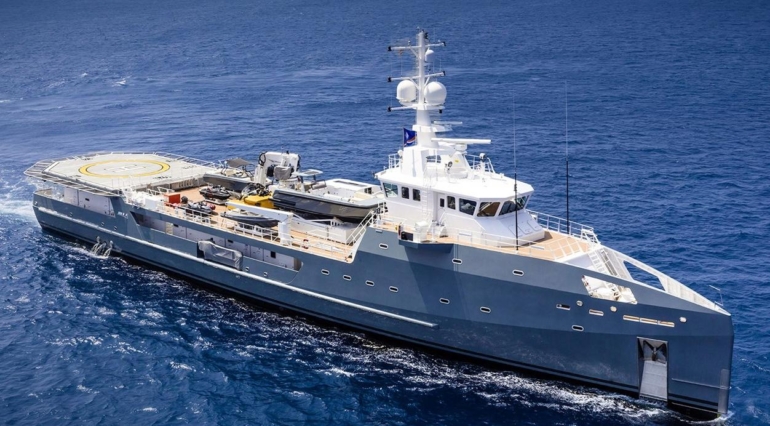
Three board members, current chairman Arnout Damen, his father Kommer Damen (who chairs the supervisory board), and René B., chairman from 2006 to 2019, are also facing prosecution. Despite the mounting accusations, the shipyard is maintaining a calm public front. In an official statement, Damen said it was “shocked” that both cases are being presented together, adding that the Public Prosecution Service is wrongly giving the impression of structural criminal behavior when, according to them, the cases concern old projects. Damen emphasized that the prosecution has “no viable case” and expressed confidence in the lawsuit’s outcome.
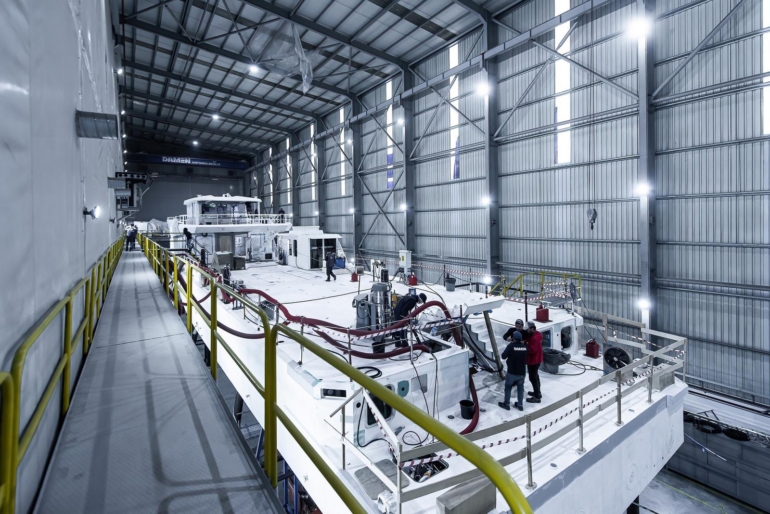
Whether this composure will hold, shift, or collapse remains to be seen, as the first hearing is expected in the second half of 2025.
